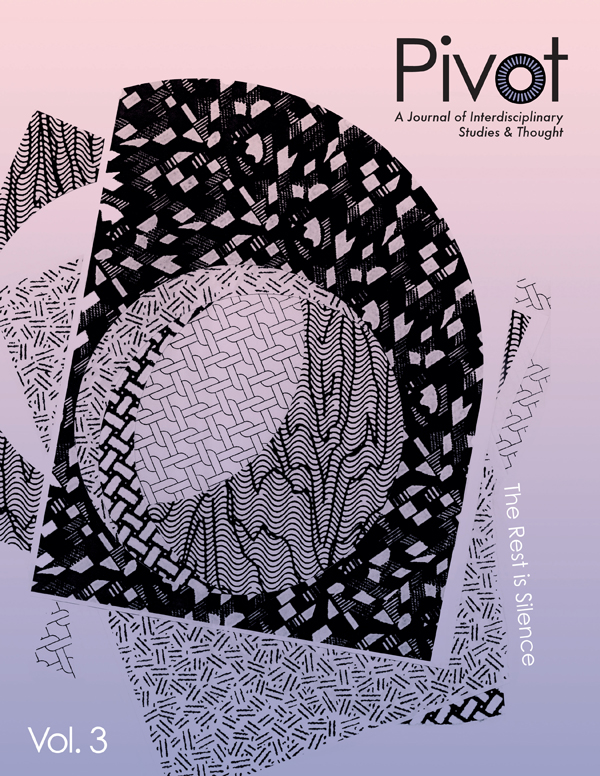The Unspoken Possibility of Language: Poetic Silence in Mallarmé and Rilke
DOI:
https://doi.org/10.25071/2369-7326.36124Abstract
Recent and competing definitions of “modernity” all point to a fundamental characteristic which has been explored and theorized time and again but deserves still more intellectual attention: the ambivalence towards language unparalleled by anything written before the nineteenth century. On the one hand, “modernity” has placed great faith in the power of the word; however, this faith has been overwhelmed with enough suspicion to undermine any potential linguistic stability. In its most extreme manifestation, this results in a phenomenon of linguistic anxiety, even paranoia, which threatens the semantic possibilities of poetics. The resulting threat of silence – whether thematic, syntactical, metaphoric, or literal – is ubiquitous in modern poetry. As Eliot writes, “words, after speech, reach into silence.” An analysis of the general phenomenon of poetic silence and of two modern responses to it – those of Mallarmé and Rilke – yield significant insights both into the idea of the “modern” as well as into the essence and inner machinations of modern poetry.References
Blanchot, Maurice. L‘Espace littéraire. Paris: Gallimard, 1955. Print.
Derrida, Jacques. “Force and Signification.” Writing and Difference. Trans. Alan Bass. Chicago: U of Chicago P, 1978. 1-35. Print.
Fiumara, Gemma Corradi. The Other Side of Language: A Philosophy of Listening. Trans. Charles Lambert. London: Routledge, 1990. Print.
Heidegger, Martin. “What Are Poets For.” Poetry, Language, Thought. Trans. Albert Hoftstadter. New York: Harper & Row, 1975. 87- 140. Print.
Heller, Erich. The Hazard of Modern Poetry. Cambridge: Bowes & Bowes, 1953. Print.
Hölderlin, Friedrich. Sämtliche Werke. Ed. Friedrich Beissner. Stuttgart: W. Kohlhammer Verlag, 1953. Print.
Mallarmé, Stéphane. Oeuvres Complètes. Vol.2. Ed. Claude Pichois. Paris: Gallimard, 1945.
Mörchen, Hermann. Rilkes Sonette an Orpheus. Stuttgart: W. Kohlammer Verlag, 1958. Print.
Pearson, Roger. Mallarmé and Circumstance: The Translation of Silence. New York: Oxford UP, 2004. Print. DOI: https://doi.org/10.1093/acprof:oso/9780199266746.001.0001
Pickle, Linda. “The Balance of Sound and Silence in the Duineser Elegien and Sonette an Orpheus.” Journal of English and Germanic Philology 70 (1971): 583-99. Print.
Rilke, Rainer Maria. Duino Elegies & The Sonnets to Orpheus. Trans. Stephen Mitchell. New York: Vintage, 1982. Print.
Rilke, Rainer Maria. The Selected Poetry of Rainer Maria Rilke. Trans. Stephen Mitchell. Vintage: New York, 1982. Print.
Rilke, Rainer Maria. Sonnets to Orpheus. Trans. M.D. Herton Norton. New York: Norton, 1942. Print.
Rimbaud, Arthur. OEuvres. Paris: Editions Garnier Frères, 1960. Print.
Sartre, Jean Paul. Mallarmé. La lucudité et sa face d’ombre. Paris: Gallimard, 1986. Print.
Steiner, George. Language and Silence. New York: Atheneum, 1982. Print.
Strauss, Walter. “Descent and Return”: The Orphic Theme in Modern Literature. Cambridge, Mass.: Harvard UP, 1971. Print. DOI: https://doi.org/10.4159/harvard.9780674436374

